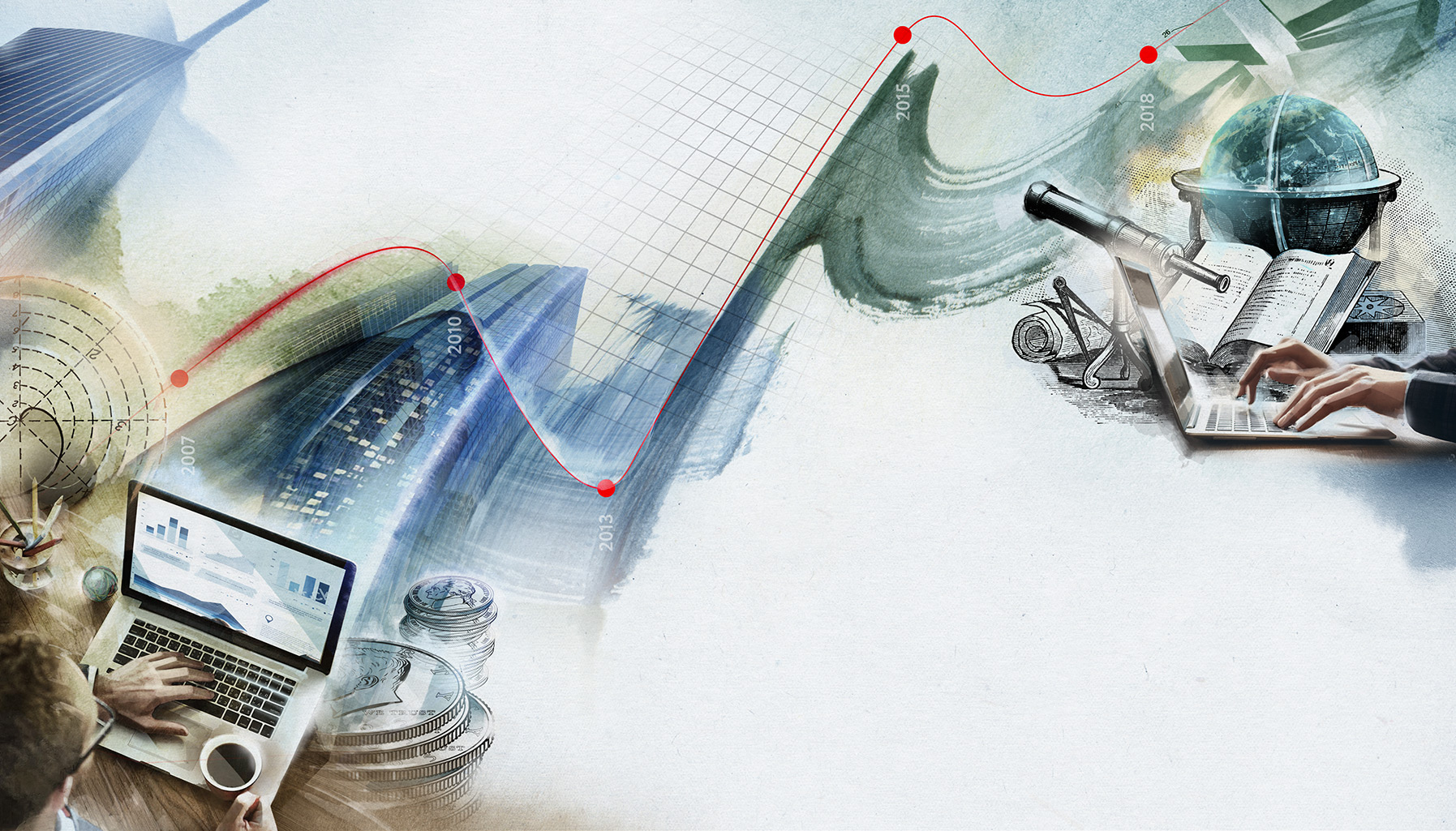Financial deliverance
Design and technology would have been strange bedfellows 10 years ago, but the recent proliferation of the likes of Apple, Uber and Zalora have now made them synonymous with successful online consumer businesses. The financial sector has been slow to react but we, the consumers, are forcing change, and change is definitely coming. Finance is the final frontier for the tech revolution and the latest innovations will have a significant impact on the way you control your money.

Today that control is still likely to be very traditional. Whether this involves daily banking needs or investment decisions, the way we interact with our money is typically via face-to-face meetings, phone, email, and in some cases – post. Alternative venues simply don’t exist. But the latest technology is poised to make your financial life easier, and likely more prosperous too. Key to this is achieving more by doing less. Imagine if you could simultaneously open accounts, make and monitor investments, receive relevant ideas and opportunities, find and communicate with advisers, get more competitive pricing, and execute plans more swiftly. Imagine being able to do all this quickly and efficiently using just one device.
And I don’t mean Internet banking. Now it’s about opening accounts from your phone, using high-tech methods such as fingerprint and retina eye scanning. Robin Hood, the US online trading website backed by Google Ventures (among others), allows you to open accounts instantly and start trading. Meanwhile, Active.ai in Singapore is working on innovative new technology to streamline banking processes through active intelligence such as retina eye scanning.
Old industries which have been shrouded in secrecy are being forced to open up. Our business, Wealth, helps affluent individuals find banks, lawyers, trust providers and more, online. Dragon Law helps businesses access legal documentation online with a few clicks. Canopy allows investors to consolidate all their bank, finance and investment statements in one document. These are useful, innovative solutions to address very traditional issues.

Online wealth managers – known as robo-advisers – are now coming to Asia. Roboadvisers have already taken over the US by storm, where they, according to Bloomberg, manage over US$300 billion (S$414 billion) of assets and are growing by nearly 68 per cent per year to reach US$2.2.trillion (S$3 trillion) by 2020. They are much needed in Asia because of the limited choices currently available to clients here with less than US$1 million (S$1.35 million) of assets. This will be a huge growth area in Asia for the middle-class, mass-affluent population.
Twenty-five years ago, it would have been laughable to suggest you could book a premium taxi, track its movements, have it arrive in minutes and pay your fare, all from a device in your hand. But now we have Uber. So where will we be in 25 years’ time? My prediction is that virtual reality is the next tech revolution as chat and messaging gives way to virtual reality meetings. This won’t only be for social means but will feature heavily in business. In banking, that means that face-to-face meetings will be a thing of the future, not the past.






